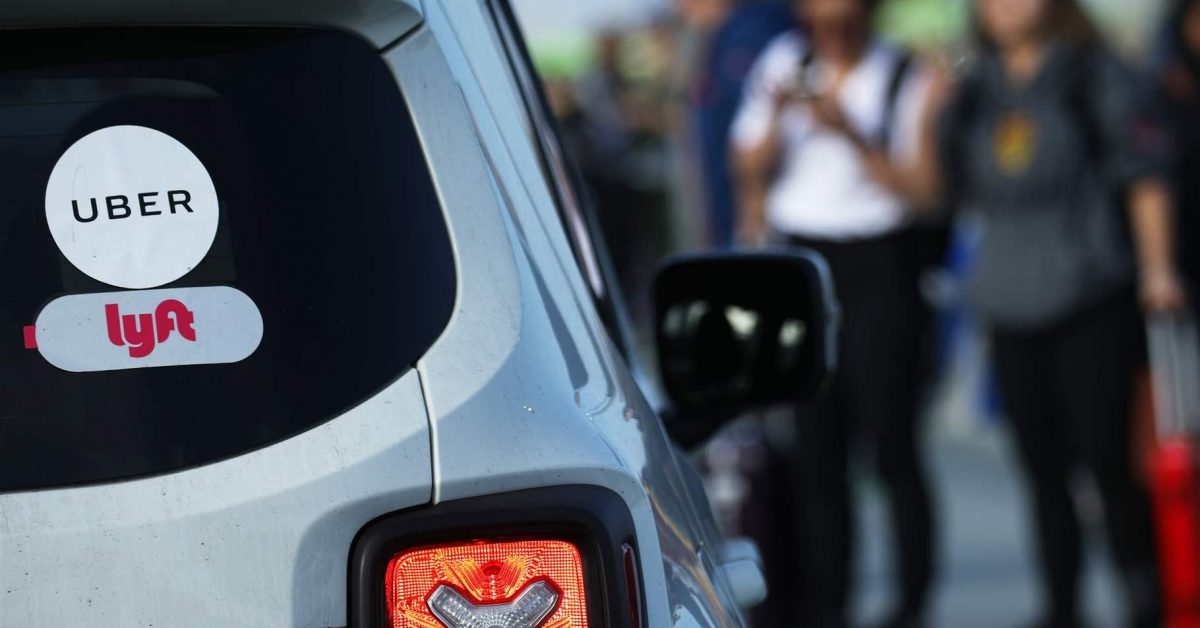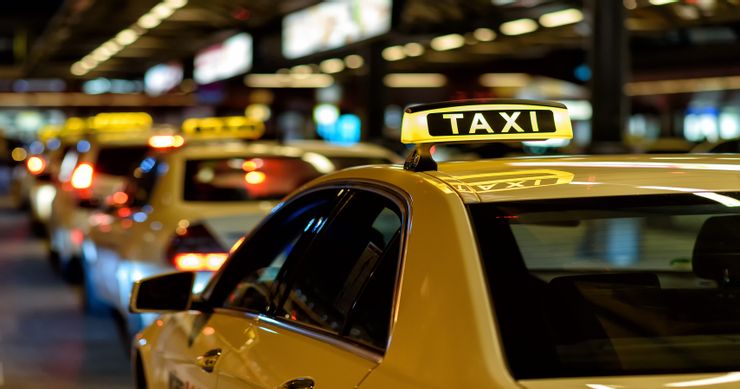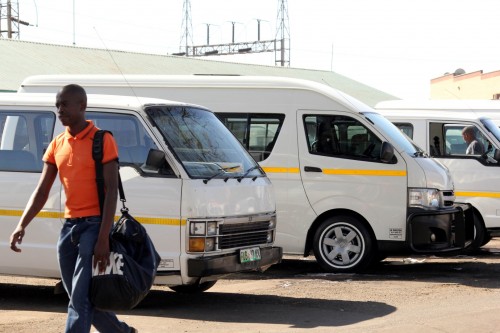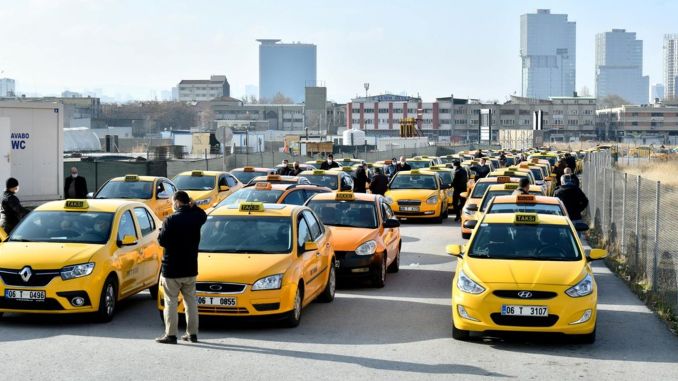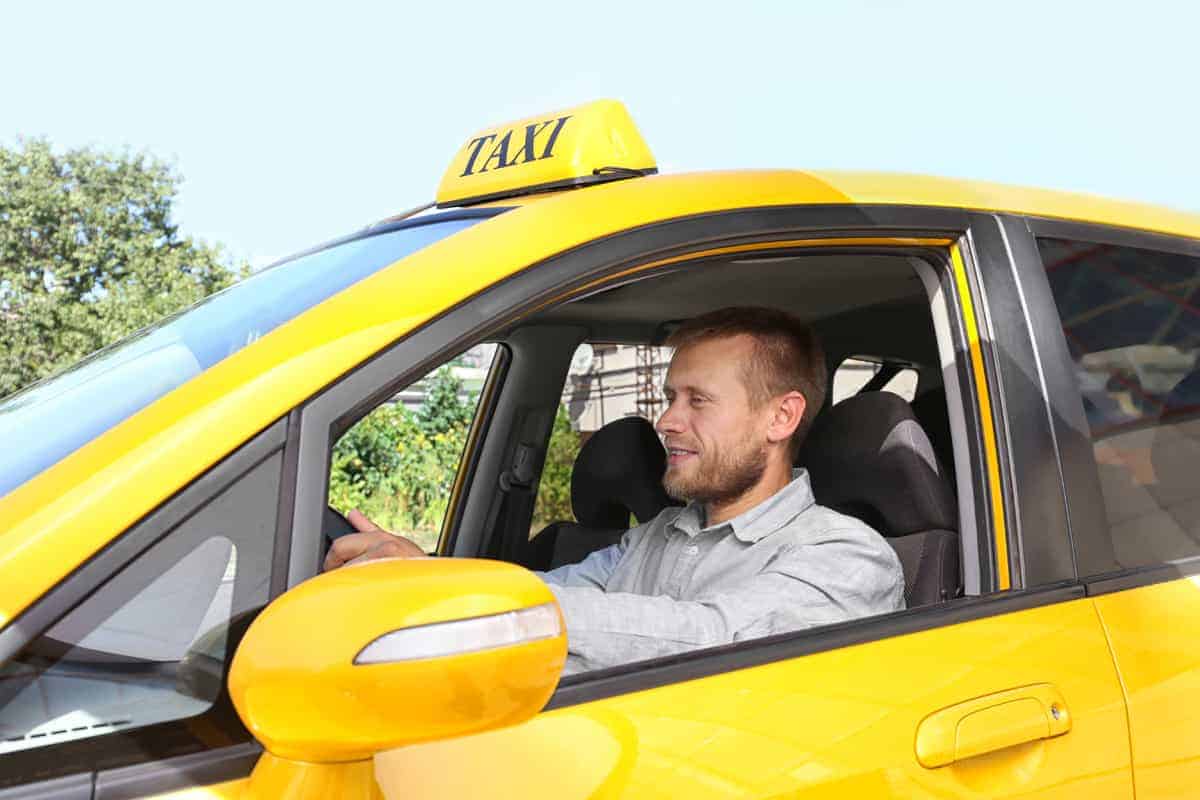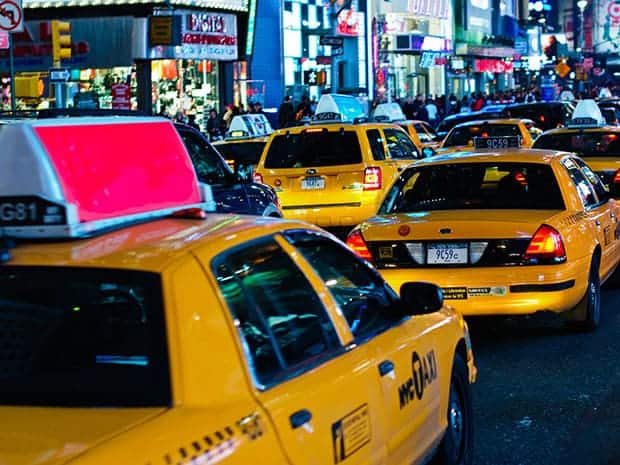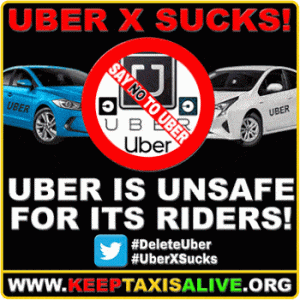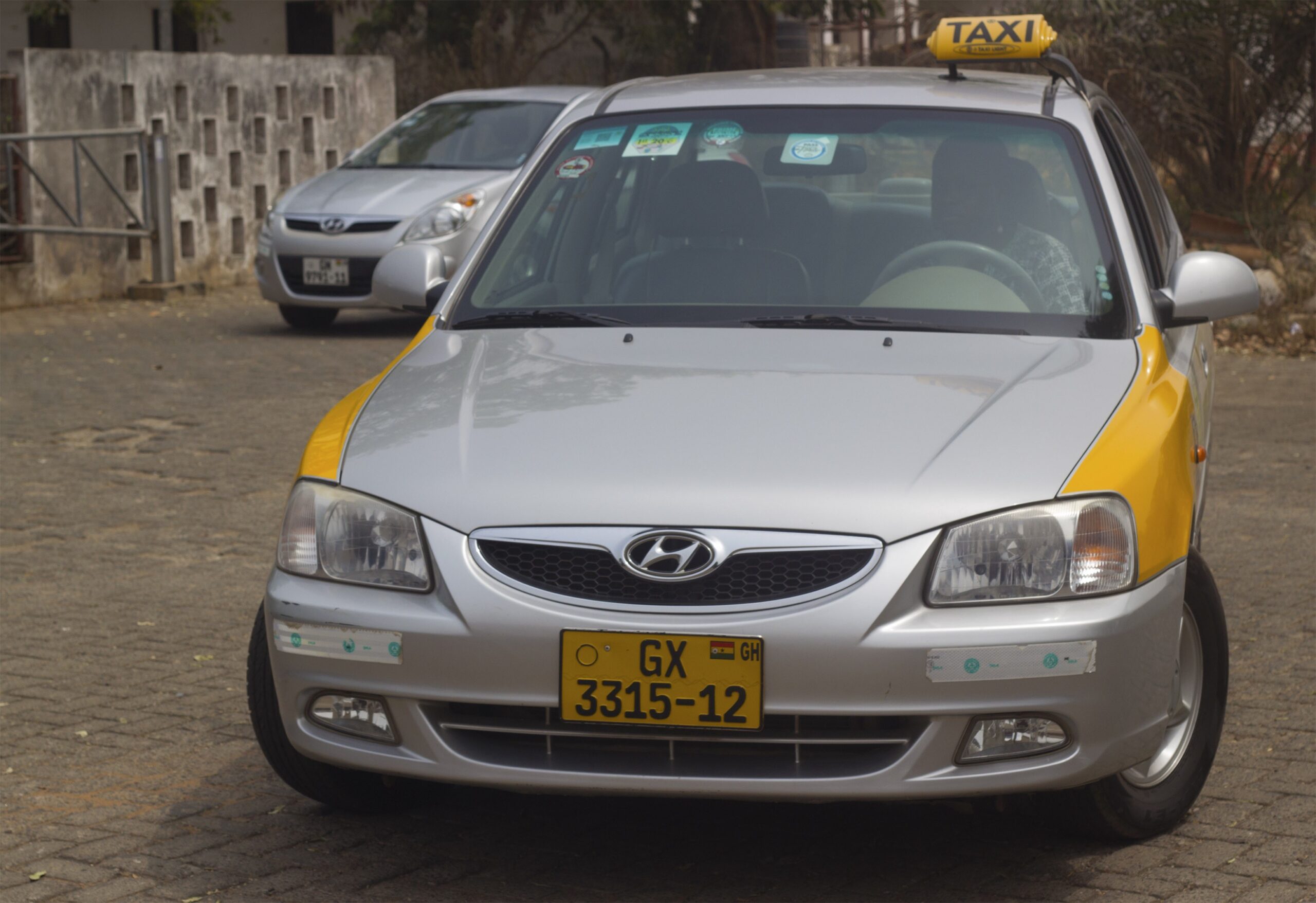Aside from driving taxi drivers poor and depressed, Uber and Lyft are notorious for the many flaws, controversies, and disturbing business model that they bring to the table. One concern that people often raise to the companies is whether they’re eco-friendly or not. Both ride-hailing giants have insisted that they are, in fact, soldiers of the environment. Their reason being is that these services reduce the need for car ownership; hence, fewer carbon emissions.
However, a recent study says otherwise. The Union of Concerned Scientists estimates that ride-hailing services typically generate 69 percent more CO2 emissions than the transportation options they displace.
Why, you may ask? Well, there are two reasons.
First, Uber and Lyft cars undergo a process called ‘deadheading’. As explained in one of our blogs, ‘deadheading’ is when ride-hailing vehicles travel without a passenger between hired rides. Basically, it’s driving around purposely until someone books for your service. The calculated time spent waiting for and driving towards a pickup accounts for about 42 percent of all ride-hail driving activity, on average.
More disturbingly, the researchers found that only 15 percent of all US ride-hailing trips are actually shared. And in those trips, the CO2 emitted by a pooled ride is the same amount as a private car ride. The rest of the 85% is a solo ride-hailing trip, which emits nearly 50 percent more carbon dioxide than one in a private vehicle.
The second reason why ride-share services are carbon-intensive is due to the fact that ride-sharing is not used merely as a substitute, despite what these companies claim. Instead, they’re often used as a supplement.
“Ride-hailing is not just replacing personal car trips; instead, it is increasing the total number of car trips,” the paper states.
Now, this is not the first study of its kind to suggest ride-share apps are contributing to the climate crisis. Several independent studies and consumer surveys show that ride-hailing emits nearly 70% more CO2 than trips that passengers would have otherwise taken by bus, train, bike or walking.
Of course, being the self-absorbed corporations that they are, Uber and Lyft rejected the findings.
An Uber spokesperson claimed that the company wanted to be “part of the solution” tackling climate change. In fact, it has already invested in efforts to increase carpooling and fostered alternatives like bikes and scooters.
Meanwhile, Lyft was more accusatory. They claimed the study made “misleading claims about rideshare” and pointed to its own shared ride and mass transit initiatives. Moreover, Lyft was allegedly “eager” to help cities push “shared, sustainable transportation”. The firm went on to elaborate its objections, too. It contended that ride-hailing companies made up just a small fraction of traveled miles.
Furthermore, the organization argues that without Uber and Lyft, citizens would be more inclined to take mass transit, walk, bike or forgo a trip entirely. Hence, they suggest that ride-hailing companies should either electrify their fleets or find a way to increase that nasty 15% rate of carpooling.
Interestingly, taxis are not responsible for nearly as much pollution as ride-shares, in part due to regulation, researchers say. So, if you want to be a smart, eco-friendly consumer, you now know which ride is better.
Follow us on our Facebook and Twitter pages for the latest stories, products & updates.


